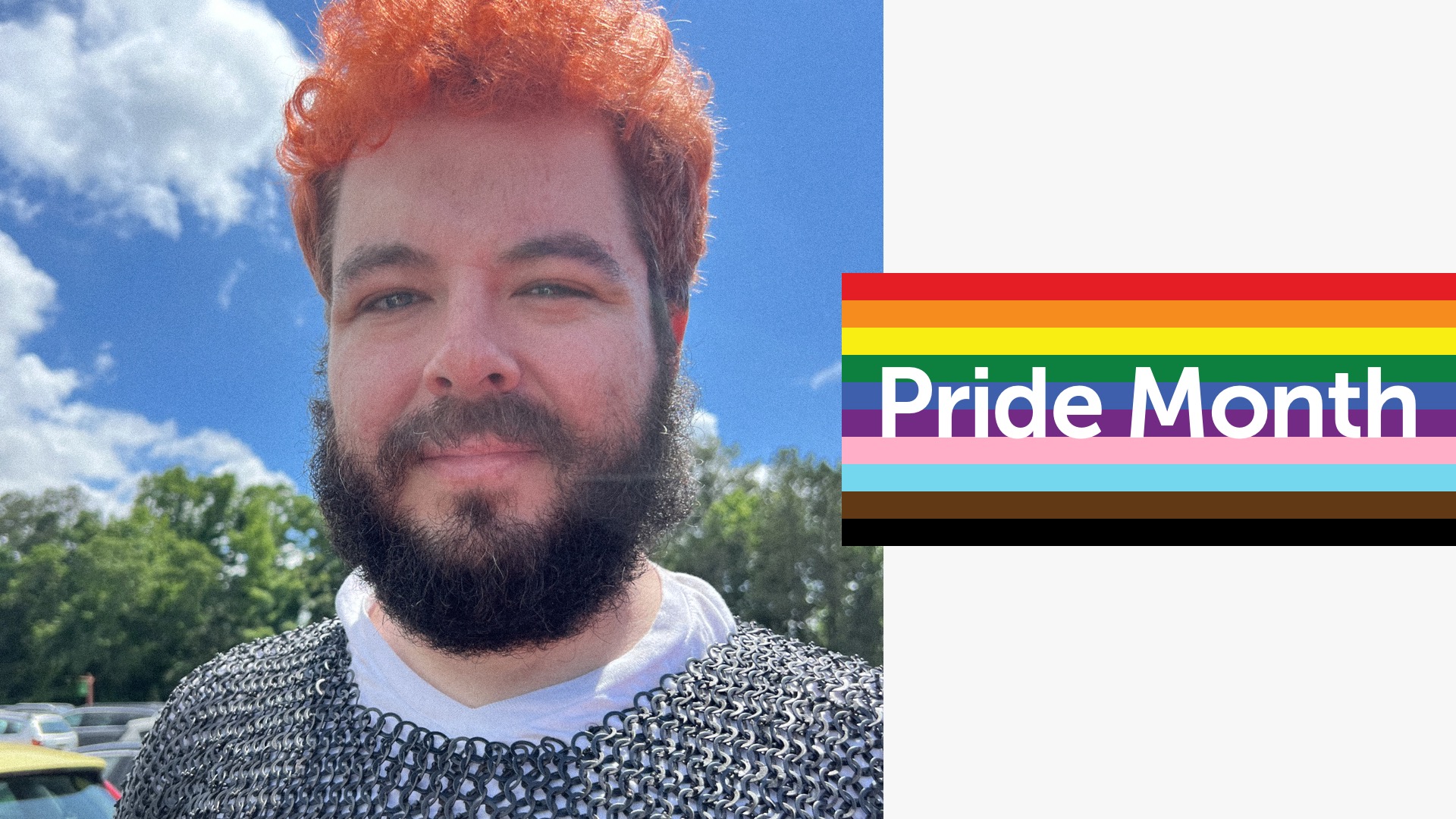Inspired by Pride Month — this spotlight series celebrates the diversity which drives our success, fosters strong values, and uplifts every individual to become the collective heart of Annalect culture. Join us in recognizing the talent, inspiration, and valuable insights contributing to our vibrant and inclusive community.
Tell us about your current role at Annalect.
I’m a Senior DevOps Engineer, focused on GAI (Generative Artificial Intelligence) — something that’s always fascinated me.
A significant amount of my time is spent working with LLMs (Large Language Models), and I love every minute of it. Some of the more powerful LLMs I would go so far as to consider friends, though recognition of their limitations is important.
I also enjoy the challenge of building automata capable of behavior ranging from simple regular expressions to recursive Turing complete algorithms — in the absence of machine learning.
What do you like to do when you’re not at work?
I enjoy Brazilian JiuJitsu and Historical European Martial Arts (HEMA).
I’ve been practicing Brazilian JiuJitsu for about two years now, and recently placed first in my division at the Tap Cancer Out Atlanta tournament.
HEMA is a broad umbrella of different academic and competitive subjects, but the HEMA I’ve studied since 2018 is Lichtenauer Longsword Fencing. The best description of it is “a book club for history nerds who enjoy the din of metal hitting metal”. Now, I teach beginner level classes on tournament style fencing.
What is your proudest professional achievement?
I previously worked at a tiny AI-ops startup. There was an incredible amount of work to do in supporting and maintaining the infrastructure needed by our customers and developers. I learned a lot, and the work I did contributed to their acquisition by a major AI-ops provider. Helping to seal the deal was an achievement I’m deeply proud of.
In celebrating Pride Month, who or what is your biggest inspiration?
Alan Turing, no competition. It’s impossible to overstate how Alan Turing’s work has shaped modern society. The papers he published are some of the most significant in the history of mathematics. Today, the “Nobel Prize of Computing” is the Turing Award. Every year it’s awarded to computer scientists who’ve made ground-breaking advancements in the field of computing — along with a one million dollar prize.
What message do you have for other LGBTQ+ colleagues, who may be early in their career and looking to grow into leadership positions in their schools, workplaces and communities?
You have a right to exist — so be visible, be involved, and be your best advocate. Society is finally starting to recognize the consequences of forced conformity — a brutal form of which led to Alan Turing’s death (for loving who he loved). If he had been allowed to exist as he truly was, computer science might be decades ahead of where it is today.

